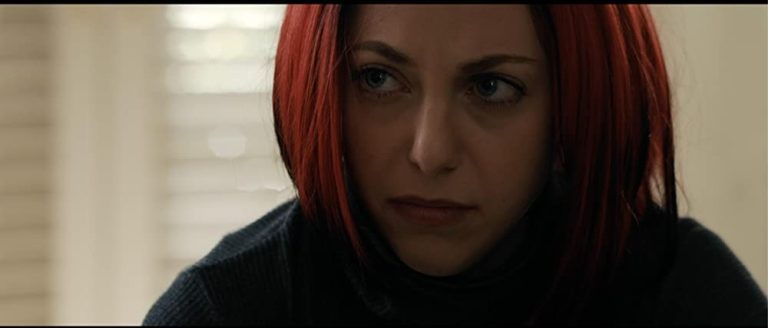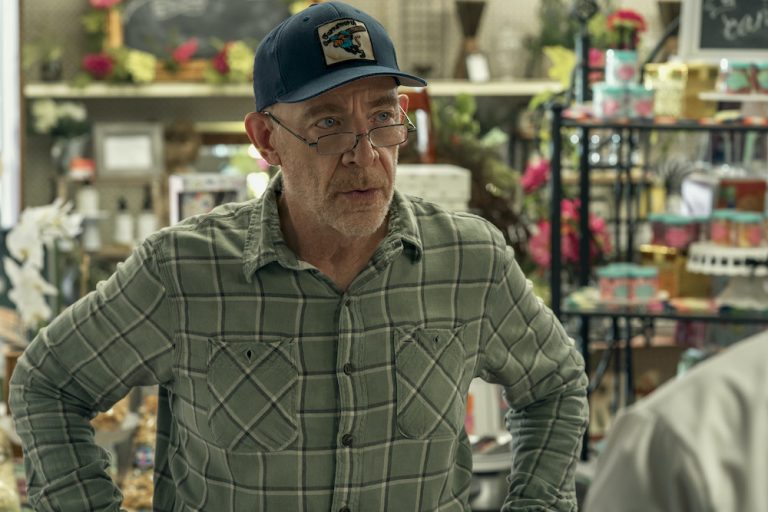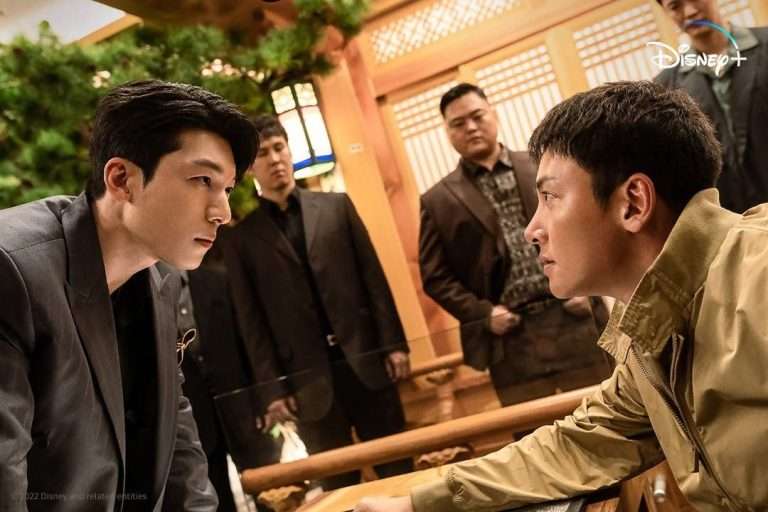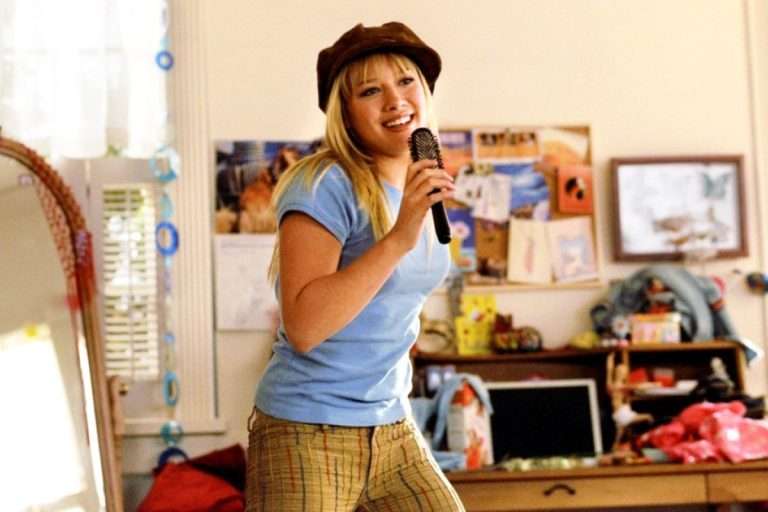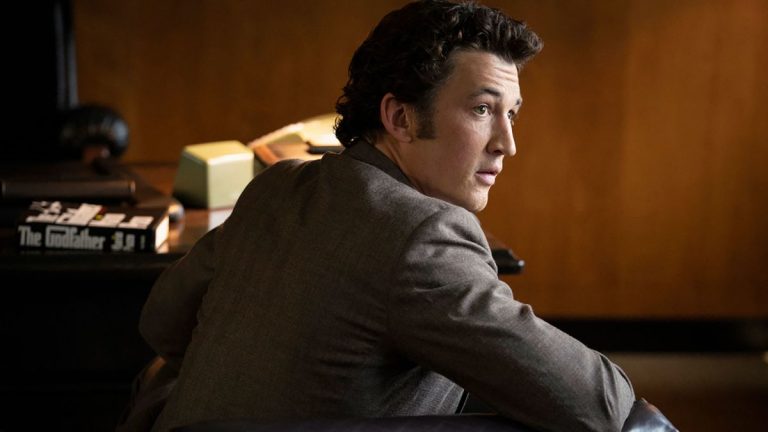The series finale of And Just Like That… marks a poignant and thoughtful conclusion to the extended story of Carrie Bradshaw and her friends, offering viewers a nuanced exploration of friendship, identity, and the complexities of life beyond romance. The episode distills the essence of the series—its blend of humor, heartache, and candid reflection—into a final chapter that is both satisfying and thought-provoking.
As the characters navigate new chapters in their lives, the show balances moments of joy, challenge, and growth, underlining themes that resonate deeply with contemporary audiences, particularly around the evolving definitions of happiness, self-worth, and connection.
The ending centers on Carrie Bradshaw’s journey toward self-acceptance and autonomy. In a departure from the conventional romantic closure fans might anticipate, Carrie embraces her singlehood not as loneliness but as a deliberate and fulfilling choice.
The phrase she pens—“The woman realised she was not alone – she was on her own”—captures the series’ core message: fulfillment does not have to come from a partner but can be found in independence, creativity, friendship, and self-understanding. This subtle yet powerful conclusion challenges societal expectations about women and relationships, presenting a modern narrative about the diverse paths to happiness.
Overall, And Just Like That… as a series reflects the complexities of life in middle age, particularly for women who have historically been defined by their relationships. It forefronts themes of personal evolution, resilience, and the value of female friendship, giving voice to experiences often neglected in mainstream media.
By confronting both the messy realities and the tender moments of its characters’ lives, the series offers a refreshing and authentic portrayal of growth, underscored by the idea that life’s journey—full of its imperfections—is worth embracing. The finale is a fitting tribute to this vision, leaving viewers with a sense of hope, reflection, and the liberating possibility of owning one’s story.
And Just Like That… (Series Finale) Recap:
The final episode of And Just Like That… delivers the kind of bittersweet, offbeat closure that has characterized the series since its debut. Much like its predecessor, Sex and the City, the show refuses simple resolutions, instead sending its beloved characters off with a blend of humor, melancholy, and unexpected messiness.
The episode opens with Carrie Bradshaw bravely trying out a futuristic restaurant in Koreatown—one with iPad ordering systems and a robot waitstaff—which unnerves her less than being seated across from a plush toy named Tommy Tomato, meant to keep solo diners company. Carrie immediately feels the stigma of being a single woman of a certain age eating alone—a theme that lingers for the entire episode.
Later, at a glamorous bridal fashion show, Carrie discusses with her friends the social pressures and judgments that come with being single, especially as she works to wrap up the epilogue of her new novel. Her editor’s feedback stings: “It appears that being alone is not only tragic for women in the past but also a concern for the future.” Carrie, however, is resistant to the idea that a woman must be pitied for being without a partner.
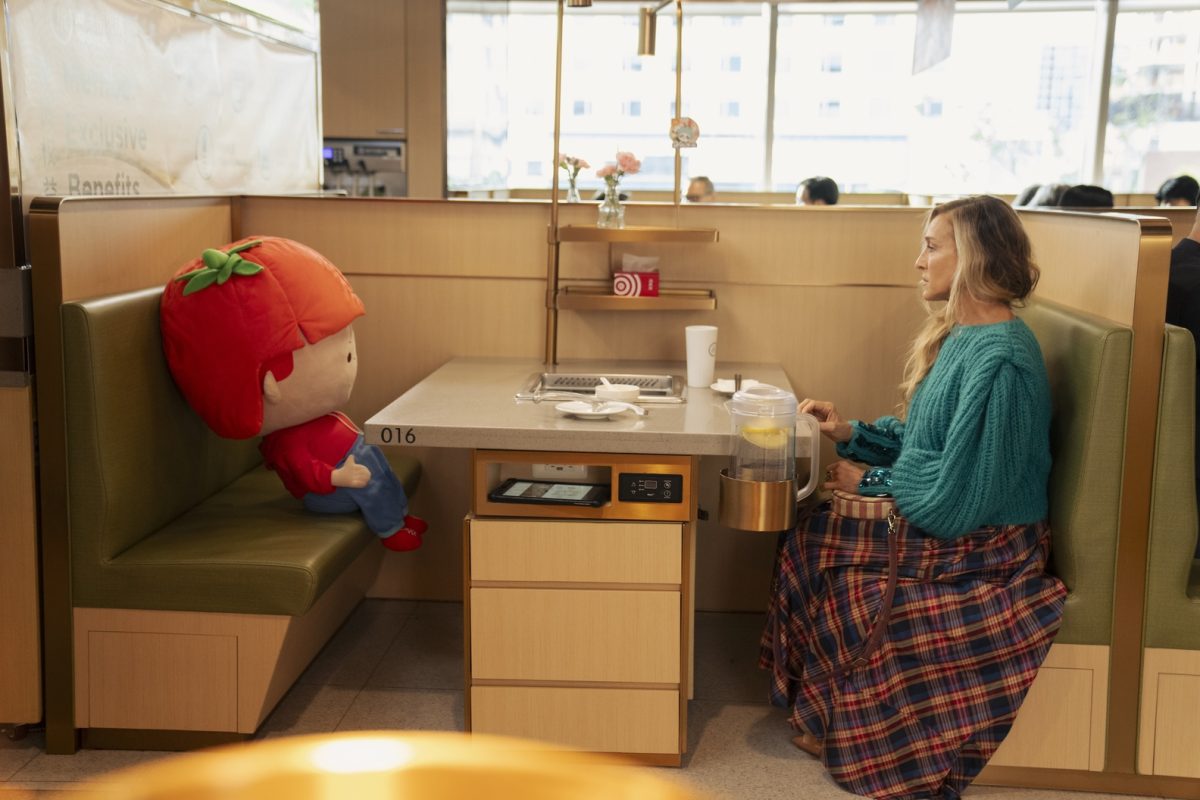
Meanwhile, the finale checks in on the other franchise regulars:
-
Miranda, navigating a trajectory “pregnant with potential,” finds herself enmeshed in unexpected family developments, busy preparing to be a grandmother for the first time.
-
Charlotte reconciles with her child’s gender identity and rekindles intimacy with Harry after dealing with the aftermath of his prostate cancer.
-
Anthony, though given little screen time, faces a personal (and literal) pie-to-the-face moment, but manages to maintain happiness in love, engagement or not.
-
Lisa, lured away by her documentary project, sets boundaries and rekindles ties with her husband, providing a parallel “side dish” to the main stories.
Throughout, the spirit of Samantha is invoked but, as has been the norm for the series, she remains physically absent.
There’s also the unusual comic motif of a toilet overflowing—an apt symbol for the messy, unglamorous realities that sometimes define the finale’s tone.
And Just Like That… (Series Finale) Ending Explained:
Is “On Her Own” Enough for Carrie Bradshaw?
The show’s conclusion pivots around Carrie Bradshaw—alone in her iconic Manhattan home. Rather than ending up with Aidan or any new love interest, Carrie closes out her story sitting at her laptop, writing the final words of her book’s epilogue: “The woman realised she was not alone – she was on her own”.
This distinction is crucial. Throughout the finale, Carrie grapples with the social discomfort of solitude (from restaurant encounters to friends’ commentary), yet ultimately claims agency over her singlehood. She confesses to Miranda that, after years of seeking meaning and comfort in men—first Big, then Aidan, then Jonathan—she finally sees herself clearly as a woman whole and fulfilled on her own terms. There’s no big romantic reunion, but a sense of peace: cocktails with friends, gossip, and the work of writing, which has always anchored her identity.
Is this truly a happy ending for Carrie Bradshaw? The finale leaves that answer open to interpretation. Some may find the ending empowering—a reclamation of self after decades of chasing happiness through others. Others might find it unsatisfying, given Carrie’s history as a heroine defined by romance. Either way, the series closes the “Sex and the City” franchise with a sense of independence, if not unambiguous happiness—fittingly strange, singular, and bittersweet, just like its main character

